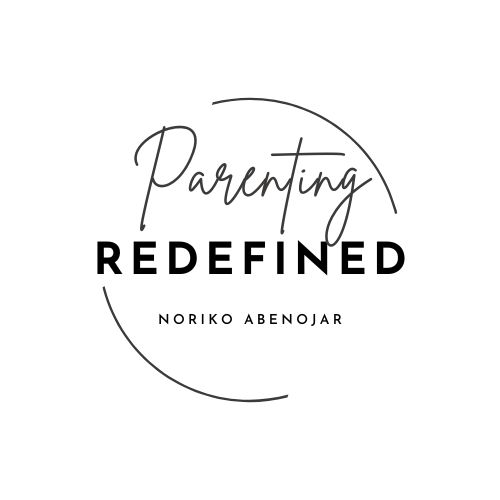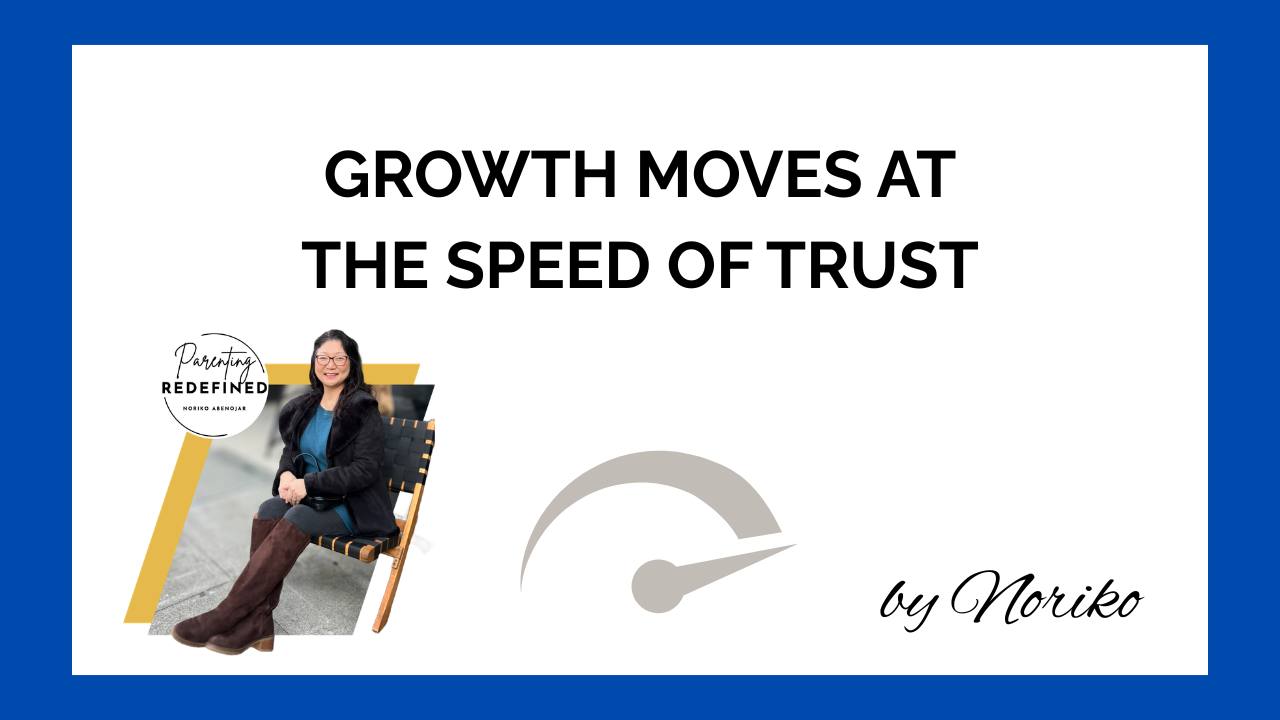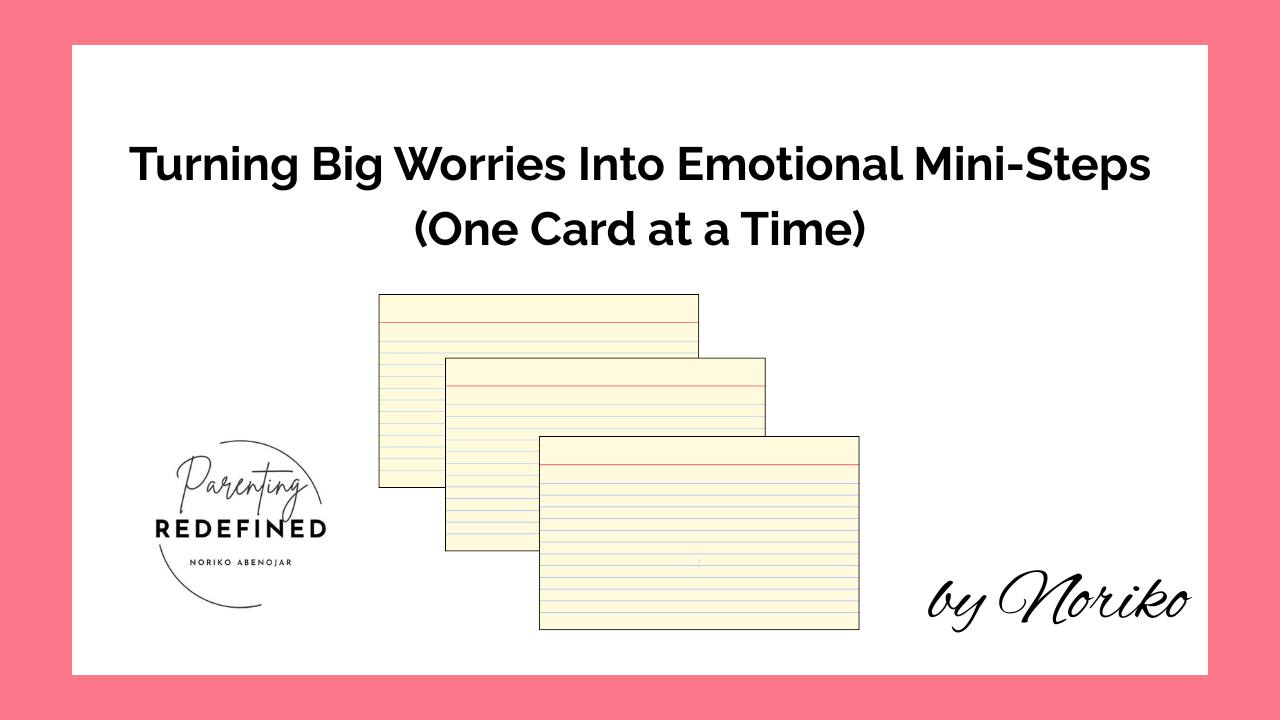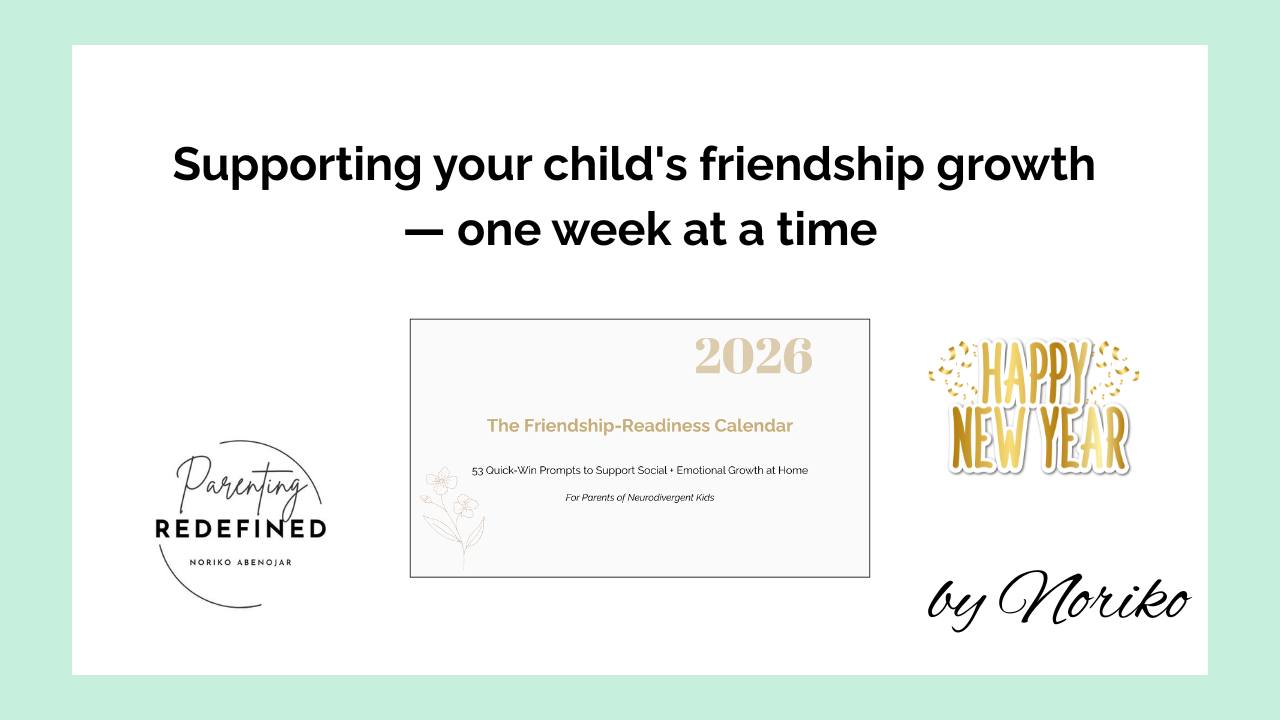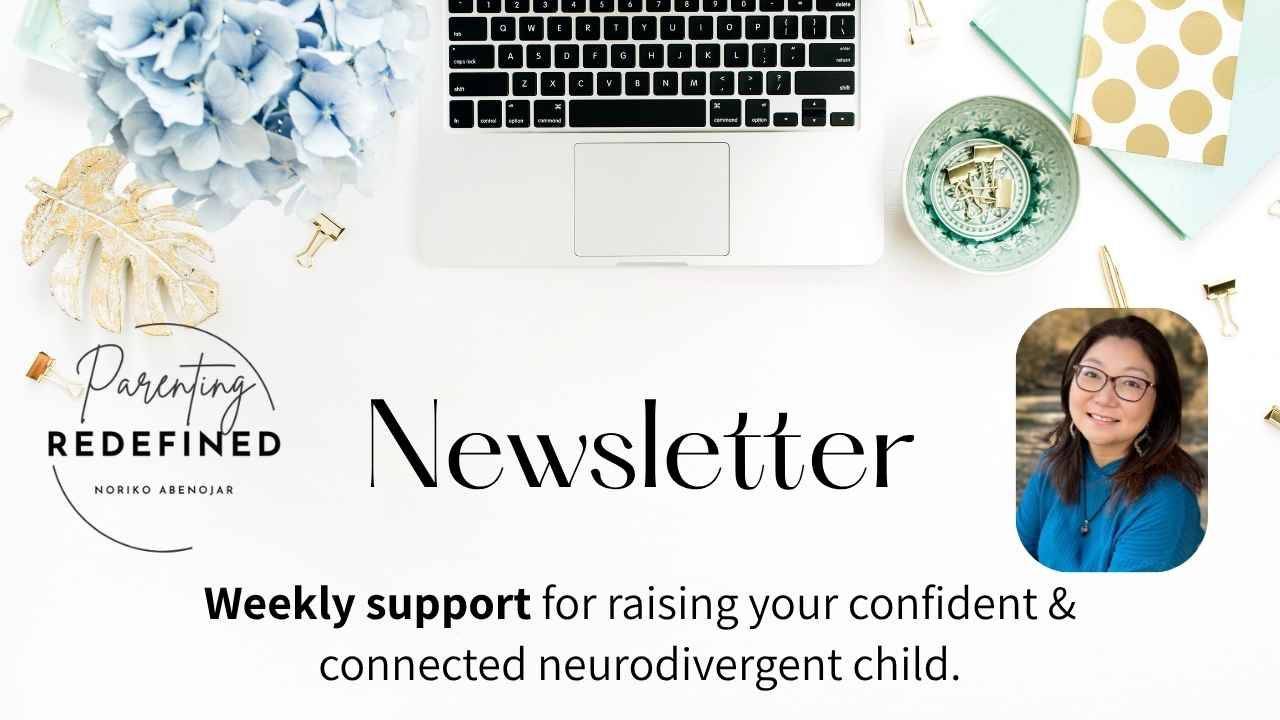Mirroring: A Powerful Communication Tool for Emotionally Dysregulated Kids
Reminder: all past newsletters can be viewed at www.NorikoAbenojar.com
When children or teens are emotionally dysregulated, parents often struggle to find the “right” way to connect and calm the storm. One incredibly effective communication technique to bridge the gap is mirroring—a method widely used in Imago therapy, as introduced by Harville Hendrix.
What Is Mirroring?
Mirroring involves actively reflecting what another person is expressing to show that you understand their feelings, words, and intentions. Originally developed as a couples’ therapy tool, mirroring is just as powerful for parent-child interactions, especially with kids who struggle with emotional regulation.
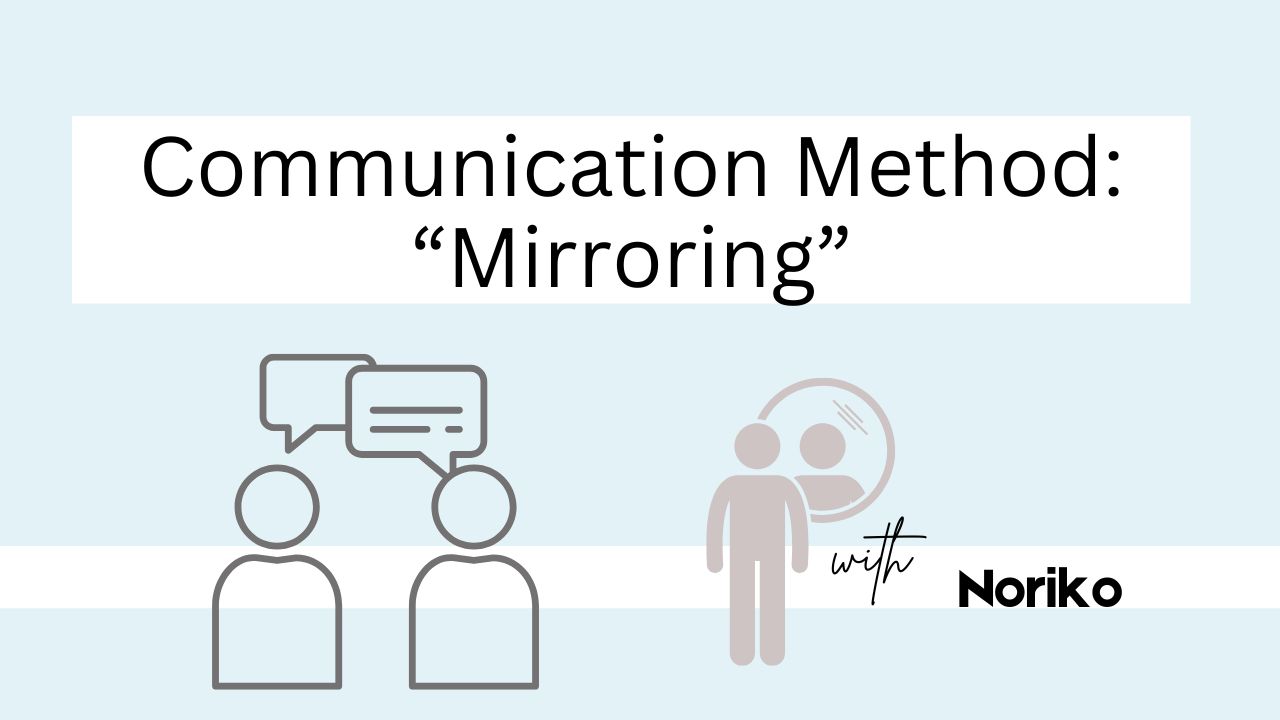
The core of mirroring lies in creating a sense of validation and safety. Research in relational therapy has shown that mirroring helps individuals feel heard and fosters deeper emotional connection (Hendrix & Hunt, 1988).
When your child feels truly seen and heard, their heightened emotional state can de-escalate, allowing for connection and problem-solving. This aligns with findings on emotional regulation, which emphasize the importance of relational attunement in calming dysregulated individuals (Siegel, 2012).
Why Is Mirroring So Effective for Kids?
-
It Validates Emotions: Kids need to feel that their emotions are acknowledged and respected. Mirroring tells them, "What you're feeling matters."
-
It Builds Emotional Safety: Dysregulated kids often feel unsafe or misunderstood. Mirroring fosters a safe space to express their emotions.
-
It Models Empathy: By mirroring, you’re teaching your child how to actively listen and validate others.
How to Use Mirroring with Kids
Follow these steps:
- "What I hear you say is..."
- "Did I get that right?"
- That makes sense that you feel that way."
- "Is there more?"
- "Can I respond?"

Why It Works
When kids feel their emotions are seen without judgment, they’re more likely to calm down and engage in constructive conversation. Mirroring doesn’t “fix” the problem but creates a foundation for connection and emotional growth.
It can feel very awkward to communicated in this way but please give it a try! Slowing down this dialog can be a game changer in tough moments.
Warmly,
Noriko Abenojar, MSW PPS
Parenting REdefined
www.SocialAndCognitiveLearningCenter.com
